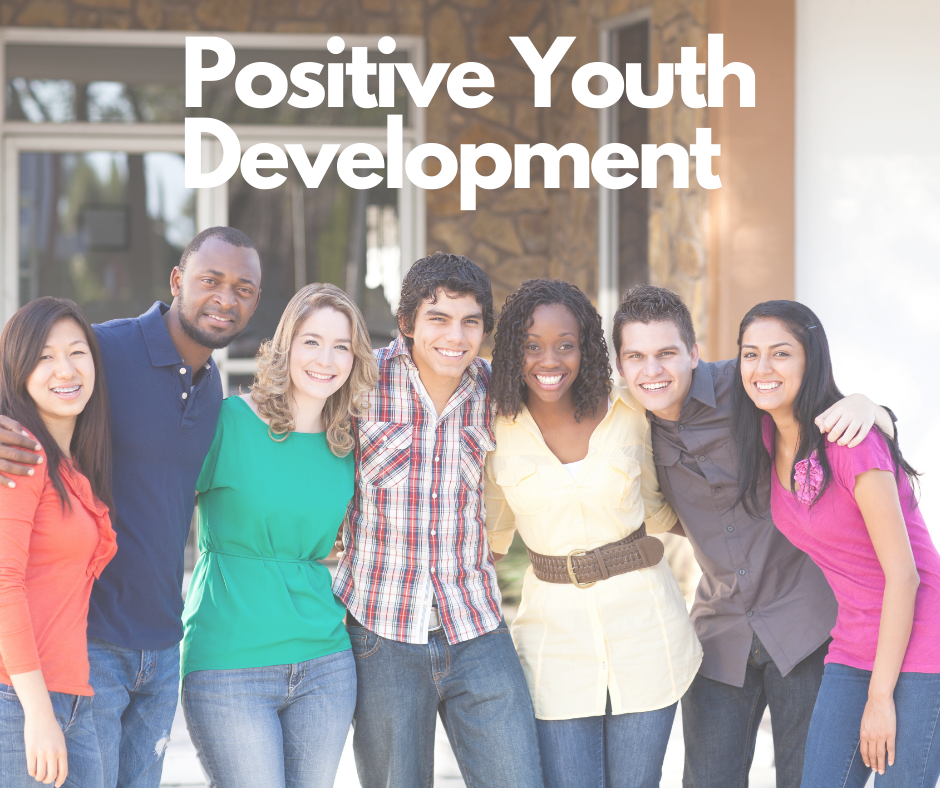 We already know - because so many of us are experiencing it firsthand - that the isolation and uncertainty that come with a global pandemic are impacting mental health. In August, the CDC reported that 40% of Americans acknowledged struggling with anxiety, depression, suicidal ideations and/or substance use. Now, researchers are finding that a diagnosis of coronavirus could be associated with an increased risk of a mental health diagnosis. A recent study found that nearly one in five individuals diagnosed with coronavirus are, within three months, diagnosed with a psychiatric disorder. The prevalence is greater than with individuals who struggled with other physical conditions, such as the flu. Why this is and how mental health concerns will develop in the long-term remains unknown. But the findings remind us of an important message: We must not lose sight of our mental health in our concern for physical health. Practice self-care, seek help when needed, don’t be afraid to admit your struggles and encourage loved ones to do the same. Be well.
0 Comments
Late Sunday night, CNN’s homepage headline took a break from politics. Instead, the news organization led with “Thousands of cars form lines to collect food in Texas” The accompanying photograph was of those cars, as they waited their turn at a food bank in Dallas.
The article and imagery serve as an important reminder as we head into Thanksgiving and the holiday season. People - families - are struggling. COVID-19, the lockdowns and the economic uncertainty have affected everyone, but the financial impacts have been felt harder by some. And as much as we would like for this year and this pandemic to be behind us, it just isn’t. If you have the ability to give this holiday season, please do - whether to the R.J. Leonard Foundation, another organization or a friend/family you know personally. 2020 is not the year to sit out on kindness and generosity. At the R.J. Leonard Foundation, we employ the Positive Youth Development (PYD) approach in our work with Fellows. This nationally recognized model is, as executive director Joelle Pitts puts it, “more than a strengths based approach.” We virtually sat down with Joelle recently to give you a better understanding of the approach and its use at the Foundation.
What is your history with Positive Youth Development (PYD)? I was introduced to PYD in 2004 when working at a group home for girls. I immediately felt that this was an approach that aligned with my beliefs and values, and to top it off, my professional mentor was highly respected within the PYD field. He frequently wrote and presented on the topic and was also a leader in introducing the concept at a national level (PYD is now a required programming component to receive RHY federal grant funding). I have since trained on PYD regionally and nationally, and implemented it in programming in multiple settings including a youth shelter, independent living programs and housing programs. What are the key elements of Positive Youth Development? PYD is a mindset and a belief that young people are whole and not broken. There are four key elements. They are:
When truly treated like a partner, young people feel valued as a person and as the expert in their own life. This makes them more likely to trust and build meaningful relationships. They begin to see strengths in themselves and can see how to connect those strengths to meaningful goals. Young people learn that their voice matters and that they can impact their lives and communities. All this builds self worth, a belief in a better future and the internal motivation needed to overcome the many barriers they face What impact does adopting a PYD approach have on the professionals working with youth and young adults? Employing PYD can be uncomfortable at first for professionals. We train adults to think they can and should control young people and that controlling them is in their best interest. Some people struggle to let that false sense of control go. However, adults that embrace this approach tend to have deep, meaningful connections to young people. They build trust more quickly and are better at helping young people problem solve and goal plan. How does the R.J. Leonard Foundation incorporate PYD into its work with young adults aging out of the foster care system? Everything we do at RJLF is rooted in PYD and therefore is very intentional, individualized, strengths-based and meaningful. For example:
|
Categories
All
Archives
July 2024
|
|
1097 Street Road
New Hope, PA 18938 |


 RSS Feed
RSS Feed
